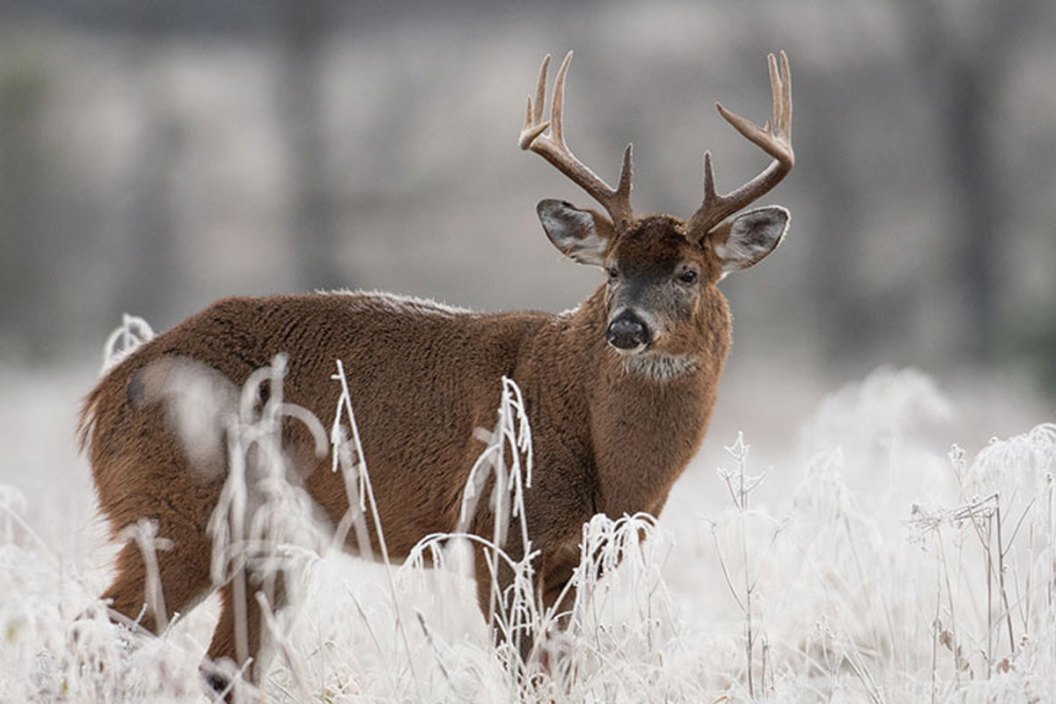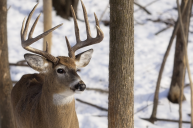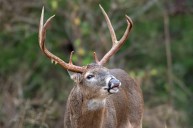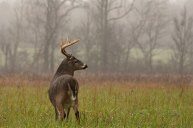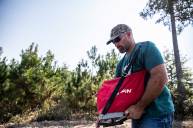Here are five off-season hunting projects that could use a little attention.
Deer season is over, and most deer hunters are already thinking about next year. However, before we push the envelope too fast, there are several off-season hunting projects to complete.
Deer hunting truly is a year-round effort, and when the season starts, we oftentimes find ourselves scrambling to trim shooting lanes, prep new stand locations, and sight in our rifles or tune our bows.
Ample preparation during the off season separates the good hunters from the great ones.
Don't know where to start? Here are five projects to to stay ahead of the game.
Scout Bedding Areas
Oftentimes, the most successful hunters are those who put in a lot time and effort during the off season. They scout doe and buck bedding areas to better understand both buck and doe patterns.
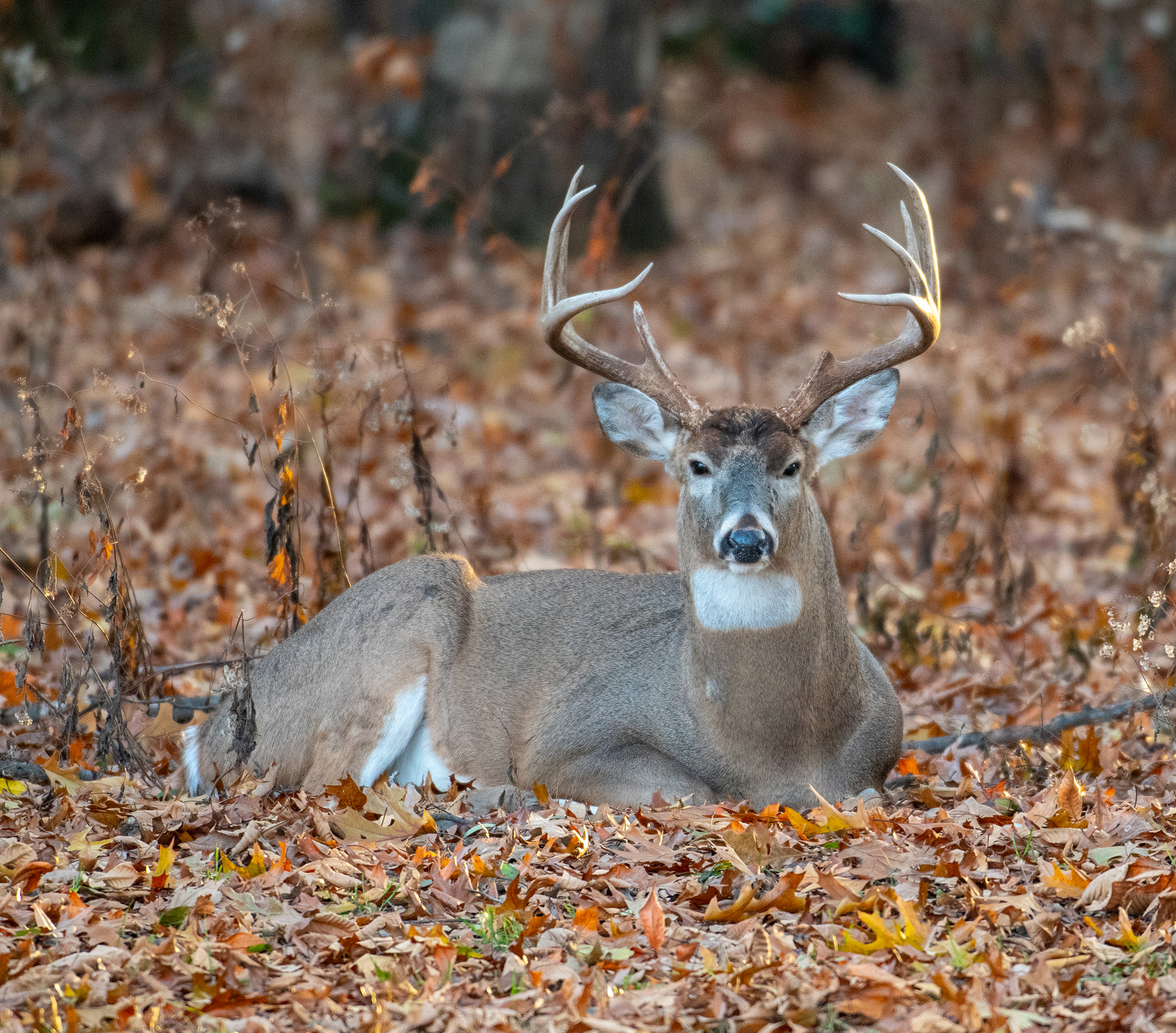
This allows for scouting bucks after giving them time to get re-acclimated if they got bumped or spooked frequently during the season. Whitetail deer are fairly patternable animals that revert back to their home ranges and bedding cover once the rut is over, so throw up some trail cameras.
A lot of times bucks will return to their core home range. Now is the time to scout those core areas.
Plan Food Plots
This includes both spring food plots and summer food plots but don't neglect scouting near sources that are around all year long. During the coldest part of the winter, they'll need to be feeding wherever they can, so knowing the places they'll be will let you get an inventory of which deer made it through hunting season.
Also, food plots are just smart in general. Giving deer a rich food source not only helps improve their health, but it relieves some of their stress. And of course, it provides another way to pattern them. This might allow you to create the opportunity to harvest some deer in the early upcoming season.
So whether you're planting multi-acre soybean food plots or a half acre iron clay pea plot, something is better than nothing. A lot of times food plots help other species such as birds, insects, and small game as well. It's a win-win, and as the winter thaws, you should be hard at work preparing them.
Secure Hunting Property
For those wanting backup plans B, C, D, and E, securing other hunting opportunities starts now.
Though license sales are reportedly down in some places, hunting property is still in high demand, especially in states with little public access.
There are several ways to look at securing property. First, if you haven't tapped into any hunting property that relatives or very close friends own, that is a good place to start. Second, ask coworkers, people that go to your church, or people you know through your kids. You get the picture; starting with someone you know at least gives you an easy way to start the conversation.
Last but certainly not least, knock on doors. You could go the modern route and use a mapping app or tax assessor website to look up addresses and phone numbers and reach out that way. But a good old-fashioned introduction and honest question never hurt. You might only get one yes for every 10 doors, but you'd never know without asking.
Perform Camera Surveys
The off-season, especially before antlers drop and after they grow back, is a good opportunity to see which animals made it through hunting season. Now's the time to measure fawn recruitment and identify the bucks that are back for another year.
If you're a turkey hunter, this is also a good way to pattern some birds heading into the spring season.
Similarly, camera surveys give you data on how many deer to harvest the upcoming season. Surveys also give a picture of the property's overall buck-to-doe ratio.
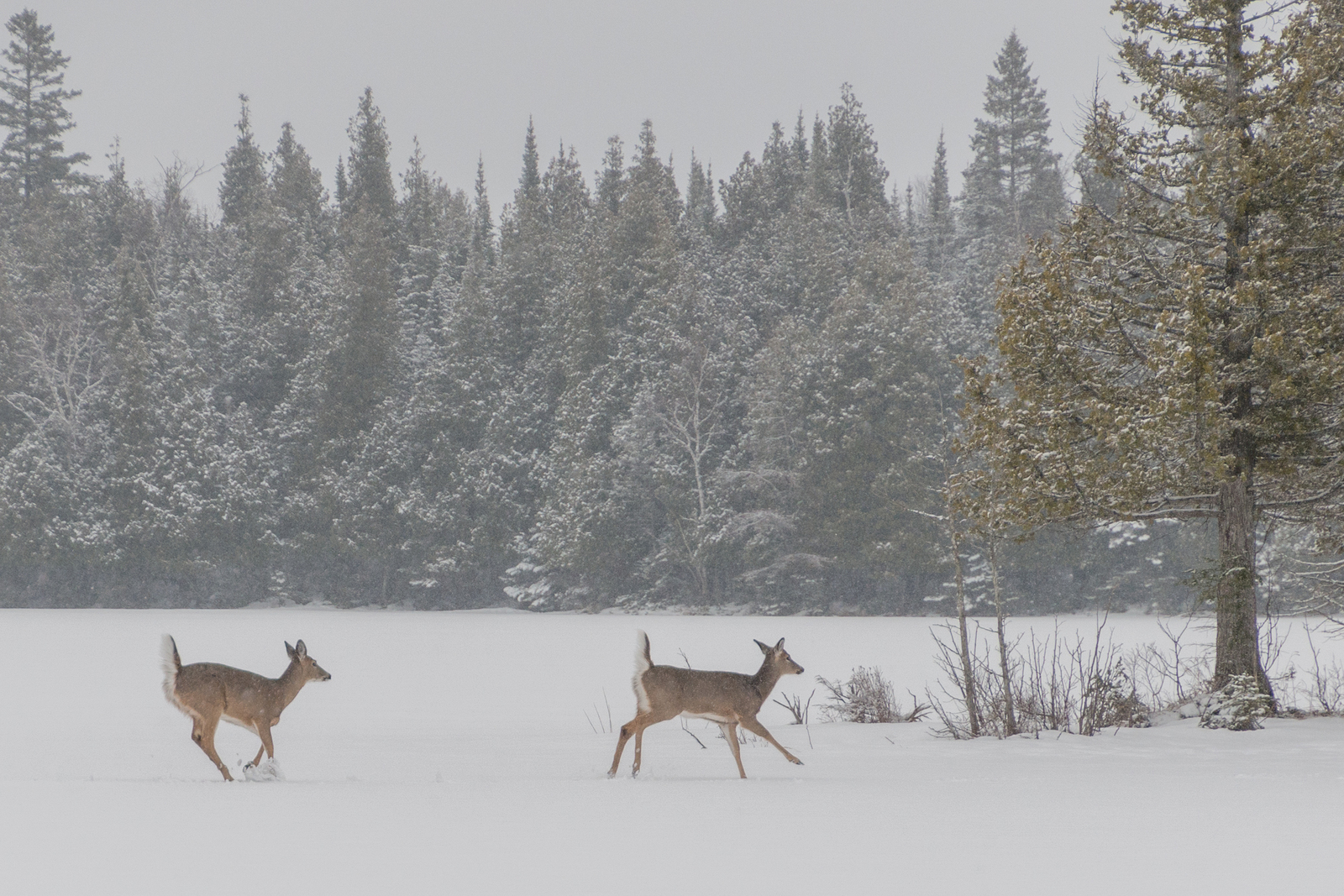
There are a couple ways to do this effectively. One way, where legal, is to place corn beneath your camera anywhere from 10-to-20 feet away. The second, once again where legal, is to create a mineral site for deer to consume minerals that help with bone structure and health.
Run cameras for a minimum of two weeks while consistently refreshing each site, and you'll have a good idea of your deer density and buck-to-doe ratio.
Habitat Improvement Projects
Habitat improvement means a lot of different things to a lot of different people. It's case-by-case for your property.
If possible, beginning with prescribed fire might just be the best thing you can accomplish for your deer population. Not only will this create superb bedding cover, but it will also provide new forage for deer to consume on the forest floor where leaf litter suppressed it beforehand.
Now would also be a good time to start creating bedding cover.
If you're a hinge cutter, start taking a chainsaw to those trees that are doing nothing but taking up space. You can also try the hack-and-squirt method by cutting a tree waist level or below and spraying it to kill the remainder of the trunk.
Talk to your local wildlife biologist or forestry expert for more information on these methods.
Overall, we all need to accept the truth: hunting season doesn't really start or end if you're serious about what you're doing. If you have the land to hunt on (or are looking to secure some), it's the work you put in now that will pay dividends in the fall hunting season.
Products featured on Wide Open Spaces are independently selected by our editors. However, when you buy something through our links, we may earn a commission.
NEXT: 10 CAMPING ESSENTIALS NECESSARY FOR THAT BIG TRIP YOU'RE PLANNING
